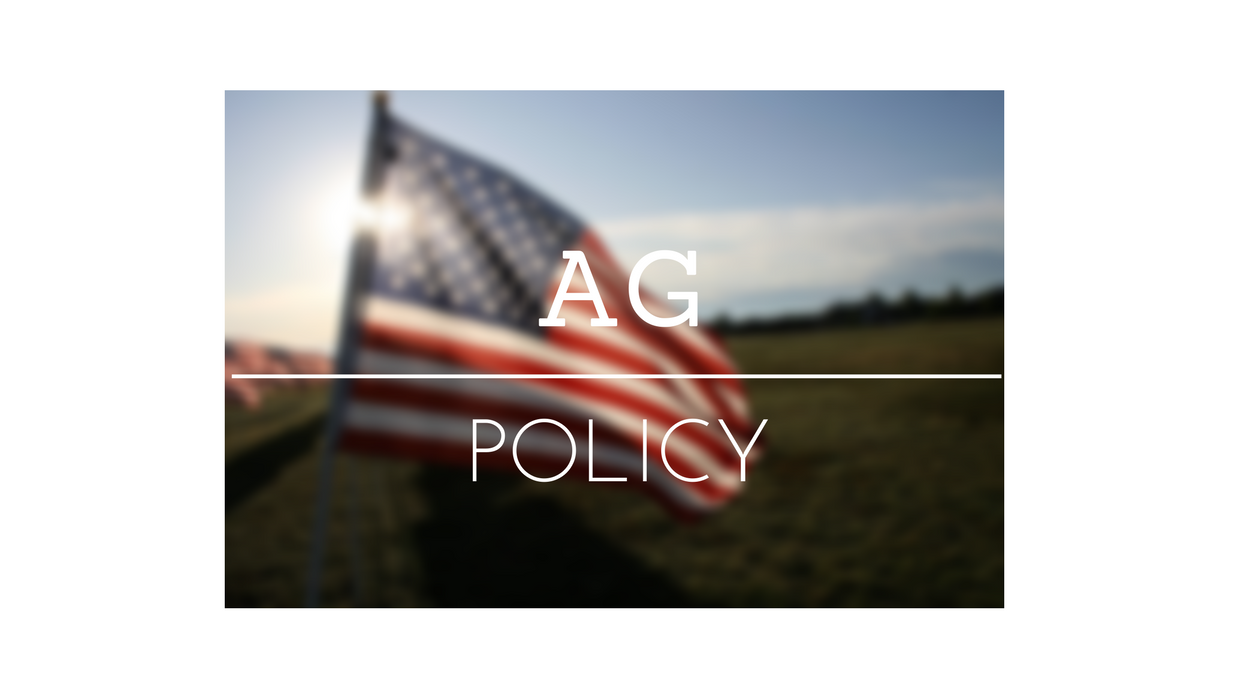A second federal judge has halted payments to minority farmers under a Joe Biden administration program of farm debt payments that uses race as a criterion of eligibility. U.S. District Judge Marcia Morales Howard of the U.S. District Court for Middle Florida issued a preliminary injunction June 23 enjoining the administration from making payments under the program.
The debt relief program is embedded in Section 1005 of the American Rescue Plan, passed by Congress in March. According to the U.S. Department of Agriculture’s website, “The American Rescue Plan Act Section 1005 includes provisions for USDA to pay up to 120% of loan balances, as of Jan. 1, 2021, for Farm Service Agency Direct and Guaranteed Farm Loans and Farm Storage Facility Loans to any Socially Disadvantaged producer who has a qualifying loan with FSA. This includes producers who are one or more of the following: Black/African American, American Indian, Alaskan Native, Hispanic/Latino, Asian American, or Pacific Islander.”
The debt relief payments could total just under $4 billion if limited to those groups, according to recently released 2017 census data on the ethnic make-up of America’s farmers.
Howard’s action came after U.S. District Judge William Griesbach in the U.S. District Court of Eastern Wisconsin issued a temporary restraining order June 10 in response to a suit filed by 12 white farmers. That court is considering a preliminary injunction also; the U.S. Department of Justice has already asked the court to allow the payments to proceed. Howard said a preliminary injunction is “an extraordinary and drastic remedy” based on a determination that the plaintiffs would suffer irreparable harm should the program proceed and were likely to prevail on the merits of the case.
The Florida action was brought by Scott Wynn, a farmer from Jennings, Florida, who produces corn, cattle and sweet potatoes. Wynn owes about $300,000 in loans from the Farm Service Administration but claims he is not eligible for debt forgiveness under the program because “socially disadvantaged” farmers are identified as racial minorities only.
The Biden administration has argued in court that the program was designed to remedy past discrimination, but Howard said the program impermissibly considers only racial categories. The Supreme Court has said in past rulings that government remedies for past racial discrimination must be narrowly tailored and evidence-based.
Howard acknowledged in her ruling that the U.S. Department of Agriculture “had a dark history of past discrimination against minority farmers," but said present discrimination could not cure past discrimination.
Wynn is represented by the Pacific Legal Foundation, a nonprofit legal foundation, which has been prominent in defending property rights. “Because government cannot use racial classifications to decide who gets government benefits and burdens, Scott is fighting back to restore his right to equal treatment for all farmers,” the PLF states on its website.
John Boyd, founder and chairman of the National Black Farmers Association, which represents members in 42 states, said on June 23, “I’m very, very disappointed in this [Florida] decision. I’m prepared to fight for debt relief for Black farmers and other farmers all the way to the Supreme Court.” On his website, Boyd says, “The debt relief provided in the American Rescue Plan Act of 2021 is narrowly tailored to address [past] discrimination.”
Howard’s ruling says, “Section 1005’s rigid, categorical, race-based qualification for relief is the antithesis of flexibility. The debt relief provision applies strictly on racial grounds irrespective of any other factor.”
The USDA’s website says, “The term “socially disadvantaged farmer or rancher” means a farmer or rancher who is member of a socially disadvantaged group whose members have been subjected to racial or ethnic prejudice because of their identity as members of a group without regard to their individual qualities, as defined by section 2501(a) of the Food, Agriculture, Conservation, and Trade Act of 1990 (7 U.S.C. 2279(a)).” It says socially disadvantaged farmers “include” but “are not limited to” Black, Hispanic, Asian American, Native American or Pacific Islander farmers.
More rulings could be coming. At least seven more lawsuits challenging the program have been filed across the nation, according to news reports.
David Murray can be reached at [email protected].



